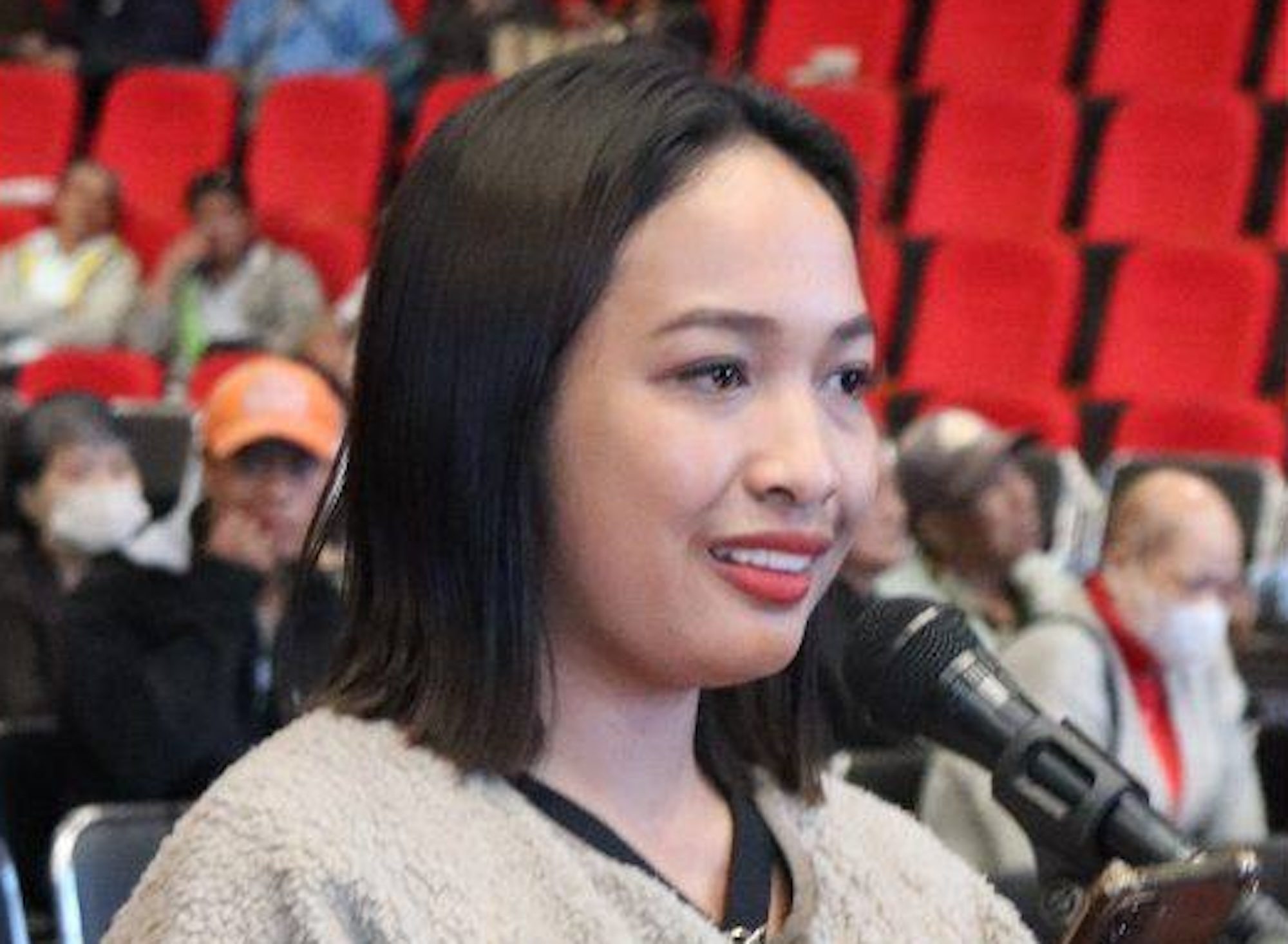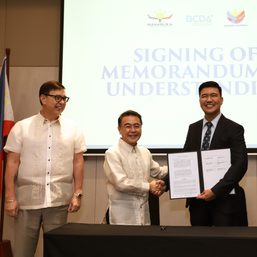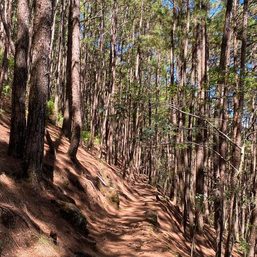SUMMARY
This is AI generated summarization, which may have errors. For context, always refer to the full article.

BAGUIO, Philippines – A youth leader has joined voices opposed to the proposed bill that seeks to dispose parcels of land in the Camp John Hay Reservation, saying the measure would undermine indigenous peoples’ rights and heritage.
Ezrah Allysa Ananayo, a young Ibaloi leader and Sangguniang Kabataan Chairperson of Barangay Happy Hallow expressed her opposition to House Bill No. 9428 during a public consultation on Tuesday, January 16, organized by Councilor Jose Molintas.
“We see the bill as a tool of entities to privatize lands that are supposed to be for public use. As future leaders, we see that this would lessen our resources since there is a big possibility that we will be restricted in the future if we agree on this bill,” she said.
“This bill undermines the essence of our cultural heritage,” Ananayo also said, highlighting the far-reaching implications of the bill for indigenous communities, particularly the Ibaloi. “The bill contradicts our rights to Free, Prior, and Informed Consent as protected under the Indigenous Peoples’ Rights Act of 1997.”
The bill proposes reclassifying certain parcels of land within Camp John Hay as alienable and disposable, affecting various barangays. It has met considerable opposition from both city officials and indigenous groups, who fear the erosion of ancestral land claims.
The issue is deeply rooted in Baguio’s history, dating back to the city’s chartering in 1909, and gained complexity following the transfer of Camp John Hay from US to Philippine control, under Republic Act No. 7227 or the Bases Conversion and Development Act of 1992.
Under RA 9227, the BCDA claims administrative rights over lands within former military bases, including Camp John Hay.
In 2006, the National Commission on Indigenous Peoples (NCIP) issued a Certificate of Ancestral Domain Title (CADT) to Barangay Happy Hallow which is within the Camp John Hay Reservation. This acknowledgment of ancestral land rights, however, clashes with the BCDA’s claims, sparking legal disputes.
The legislation under question includes HB 9428, Republic Act 11689 or the Revised Charter of Baguio City, and HB 8508, aimed at strengthening the BCDA. Authored by Baguio Representative Mark Go, these pieces of legislation combine to create a complex web of governance, development, and indigenous rights.
Go believes his bill is a significant step towards resolving Baguio City’s longstanding land title issues. He argues that the bill is key to clarifying land ownership and ensuring legal certainty for both residents and investors, pivotal for the city’s economic progress and modernization.
During the public consultation attended by stakeholders including Vice Mayor Faustino Olowan and several city councilors, the focus was on dissecting these legislative proposals and their potential impact. Central to the discussions was the BCDA’s role in land management and its conflict with indigenous land rights.
Ananayo, representing the youth, said she is resolute in working alongside community elders and officials to safeguard ancestral lands for future generations.
“Our land is our identity, our history,” Ananayo said.
The youth leader’s advocacy underscores the broader challenges faced by indigenous communities across the Philippines – preserving their cultural heritage and land rights amid development and legislative changes.
In addressing these challenges, the Baguio City Council has called for a more inclusive approach to land legislation to ensured that the interests and rights of indigenous communities are not overlooked. The ongoing dialogue, set against a backdrop of historical struggles, emphasizes the urgent need for laws that honor cultural heritage and provide equitable land dispute resolutions.
Responding to the growing tension, Go expressedwillingness to integrate the city council’s and indigenous communities’ feedback into a revised version of the bill, seeking a balance between development and cultural preservation. – Rappler.com
Add a comment
How does this make you feel?









There are no comments yet. Add your comment to start the conversation.